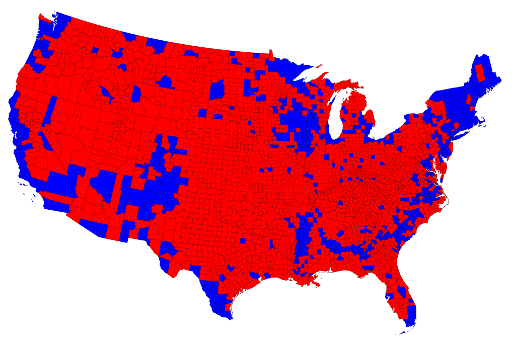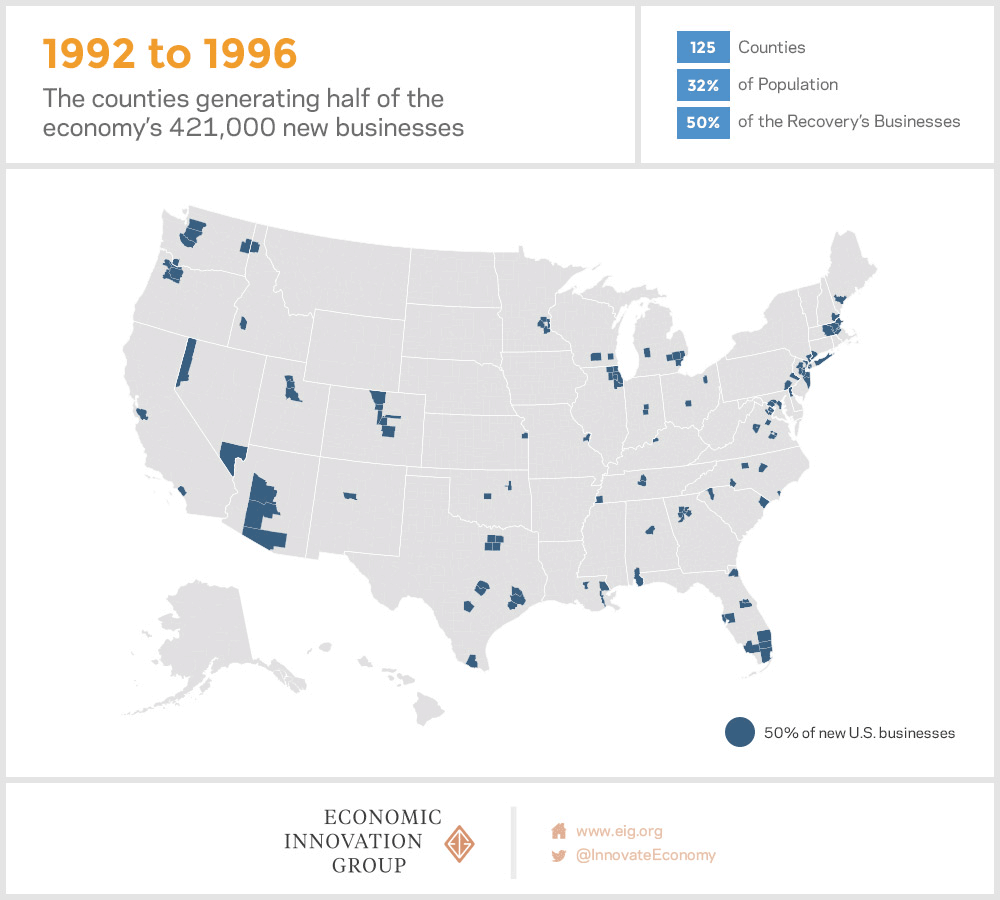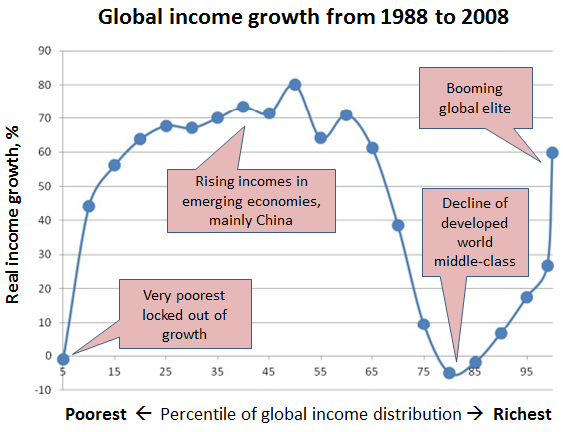A society that glorifies metrics leaves little room for human imperfections.
it is important to recognize that the word “meritocracy,” coined by the British sociologist Michael Young in his 1958 book The Rise of the Meritocracy, originally described not some idealized state of perfect fairness, but a cruel dystopia. The idea was that a society evaluated perfectly and continuously by talent and effort would see democracy and equality unravel, and a new aristocracy emerge, as the talented hoarded resources and the untalented came to see themselves as solely to blame for their low status. Eventually, the masses would cede their political power and rights to the talented tenth—a new boss just as unforgiving as the old one, Young suggested.
The new technology of meritocracy goes hand in hand with the escalating standards for what merit is. To hold down a decent job in today’s economy, it is no longer enough to work hard. Workers need brains, creativity, and initiative. They need salesmanship and the ability to self-promote, and, of course, a college degree. And they need to prove themselves on an ever-expanding list of employer-administered metrics.
Americans also believe—or at least they like to teach their children—that life is not merely a competition. From the days of the Puritans, they have found ways to temper their zeal for meritocracy, self-reliance, and success with values of equality, civic-mindedness, and grace, a surprising harmony of principles that the country’s earliest observers lauded as distinctly American.
To a troubling but oft-ignored extent, one person’s inefficiency is another person’s good job.
Source: Living in an Extreme Meritocracy Is Exhausting – The Atlantic


